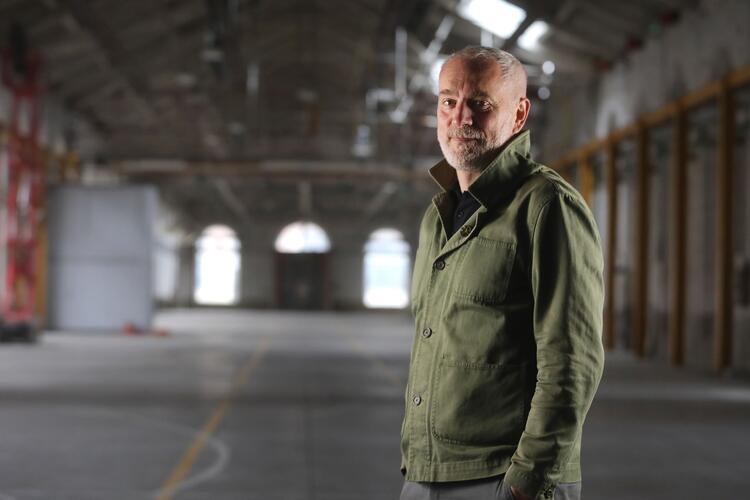
This international colloquium is the third part of the Digital Humanities cycle, following the one organised in 2021 on Digital Uses and the Hyperhuman, and the one in 2022 on Artificial Intelligence and Artistic and Literary Creations.
The CID at the Grand-Hornu has joined forces with the Université Polytechnique des Hauts de France, the Sociétés et Humanités research laboratory and the Institut National des Sciences appliquées for this international event, which is being held on 24 and 25 October at three different venues, including the Grand-Hornu on 24 October.
The conference is devoted to data, data optimisation and data experiences for users. The focus will be on how data can be managed and exploited in the design of urban environments to improve efficiency. The concept of connected cities and habitats, often associated with the term smart cities, is based on the integration of information and communication technologies (ICT) to improve the quality of life of residents, optimise the use of resources and promote sustainability.
In response to the question ‘How can we design and develop the cities of the future, deploying technological tools with a view to smart cities, while at the same time working towards the sustainability of cities and greater democratic integration of citizens?’, the CID will be sharing its ‘Autofiction’ exhibition and its knowledge of sustainable travel. The programme for 24 October at the CID is as follows:
- 2.30pm - Benoît PONCELET (Architect-Urbanist - Centre d'Architecture d'Urbanisme et d'Environnement): Learning Territories.
- 15h - Abdoulaye TRAORÉ (Urban Lab technologies, Valenciennes): Jerico, an urban and rural mobility ecosystem.
- 3.30pm - Olivier PEYRICOT (designer, director of the Cité du design research platform (Saint-Étienne), general curator of the Saint-Étienne International Design Biennial): ‘Autofiction. A biography of the autonomous vehicle’.
Discussion
- 4.30pm - Guided tour of the ‘Autofiction’ exhibition by Olivier PEYRICOT, curator of the ‘Autofiction. A biography of the automobile’, currently on show at the CID.
This third part of the Digital Humanities conference will focus on three areas:
- We will be looking at the deployment and uses of connected objects in urban spaces. How has the use of sensors and devices, defined as intelligent, opened the way to new forms of sociability and sensoriality?
- The second part will be devoted to the methods and approaches of sustainable urbanisation, taking into account planning and more participative management. What practices and what digital tools can be used to design homes effectively, leading to sustainable cities and achieving the Sustainable Development Goals defined by the United Nations?
- Finally, if we are to take account of the upheavals brought about by the emergence of digital tools, we need to reconsider the ecological and ethical issues at stake. What role should citizens play in the decisions and direction of urban planning policies? In managing habitats and cities, we will be looking at the relationship between the data generated by the various systems and the residents/users. The discussions could include artistic and digital approaches, as a place for a new ‘manufacture’ of territories and a poetic imagination.
The full programme can be viewed here.
Free admission.
Information and registration: sophie.ballet@uphf.fr